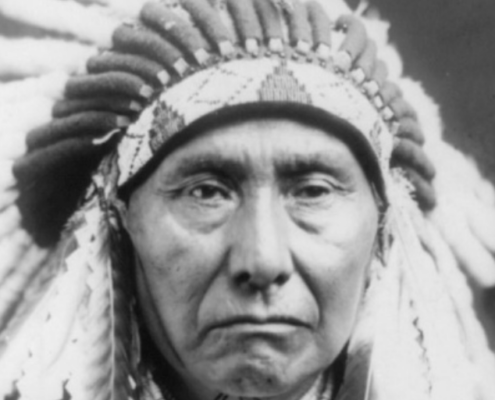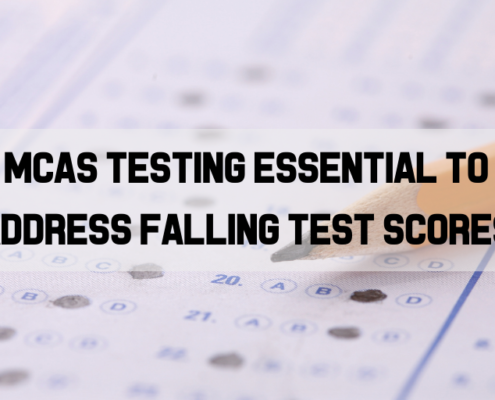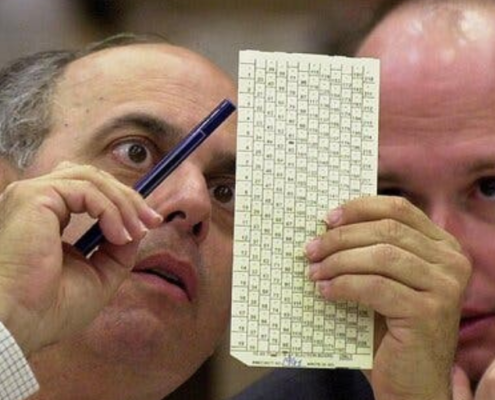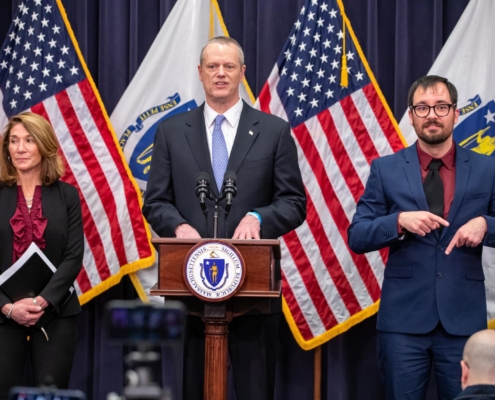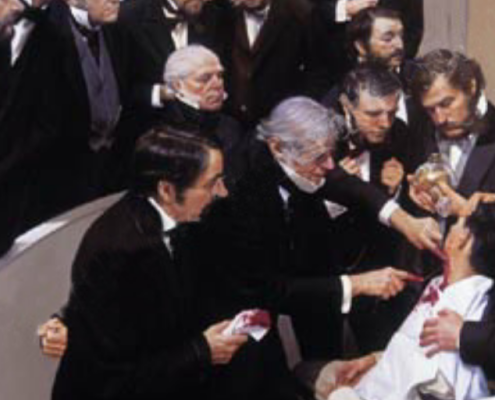COVID-19 Roundup from Pioneer: The race for a vaccine; Unemployment Tracker; Reopening reactions; Grading BPS on remote learning; Holyoke Soldiers’ Home understaffing; & more!
Pioneer staff share their top picks for COVID-19 stories highlighting useful resources, best practices, and questions we should be asking our public and private sector leaders. We hope you are staying safe, and we welcome your thoughts; you can always reach out to us via email: pioneer@pioneerinstitute.org.
Our Top Picks for COVID-19 Pandemic News:
William Smith, Visiting Fellow in Life Sciences: The Federal government awarded a $354 million contract to a Richmond company who will be manufacturing Active Pharmaceutical Ingredients (APIs) for COVID-19 treatments, APIs that are now manufactured in China and India. An update on Moderna’s vaccine progress. Pfizer is chasing Moderna to secure a vaccine. And, more on the race for a vaccine.
Michael Walker, Senior Fellow in Government Data Transparency: Don’t forget to check out our interactive map of COVID cases in Massachusetts, updated every week with newly released city and town data!
What’s the latest on unemployment? Greg Sullivan, Research Director, crunched the most recent numbers.
Our Picks for Public & Private Sector Best Practices:
Rebekah Paxton, Research Analyst: Pioneer’s new COVID Unemployment Tracker provides an interactive look at how economic shutdowns in response to the COVID-19 pandemic are affecting jobs and lives across the state of Massachusetts. Read media coverage of the tool here, here and here.
Joe Selvaggi, Host, “Hubwonk”: Yesterday, Pioneer researcher Rebekah Paxton and I interviewed Christopher Carlozzi of NFIB, and Jon Hurst of the Retailers Association of Massachusetts, about their reaction to Massachusetts Governor Baker’s reopening plans.
- Read Pioneer’s Public Statement on Reopening
Jamie Gass, Pioneer’s Education Policy Director, shares two videos from a recent Thomas More College Zoom event on homeschooling, parental rights, and school choices, which had over 1,000 viewers online. It featured noted Princeton University professor (and past Lovett C. Peters Lecture keynote speaker) Dr. Robert George. Jamie provided the closing remarks on Blaine Amendments and the U.S. Supreme Court’s Espinoza case. In addition, here’s a Boston Globe editorial: “How well is remote learning working in Boston schools? We don’t really know.”
Questions for Our Public & Private Sector Leaders:
Andrew Mikula, Peters Fellow: Pioneer’s new report shows that standards enforced at the federal and state levels are insufficient to address chronic staffing issues reported by staff and residents’ families at the Holyoke Soldiers’ Home, making that facility and other long-term care facilities particularly vulnerable to the COVID-19 pandemic. Read the report, and media coverage here and here.
Poll Results: In the last COVID Roundup, we asked: When we re-open, are you going to be more or less likely to take the T than pre-COVID? Here are the results: 18% More Likely; 82% Less Likely
POLL: Do the #COVID19 reopening guidelines in your state make sense to you?
— Pioneer Institute (@PioneerBoston) May 20, 2020
Get Our COVID-19 News, Tips & Resources!
Related Analysis


